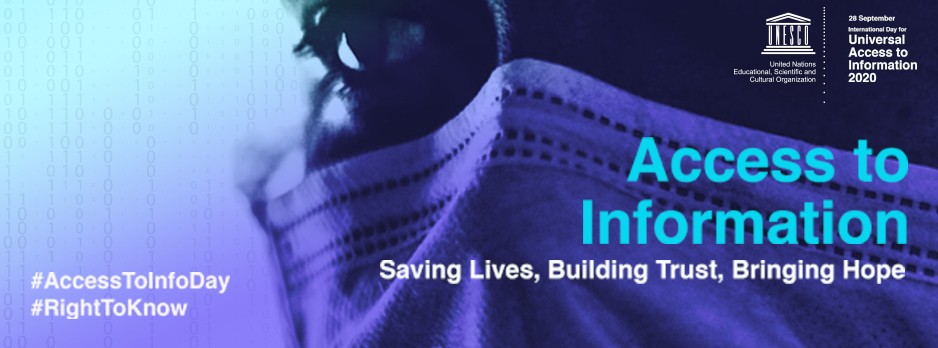On 28 September every year, civil societies and government bodies around the world celebrate the significance of the right of access to information.
Civil societies, in particular, have been calling for the recognition of the date since 2002 in raising awareness on the rights that citizens have to request and obtain information from public sector organisations.
This is because the right to information is a vital aspect of decision-making and most importantly of the right to freedom of expression.
It plays a crucial role in defending human rights, enhancing transparency and accountability, and advancing inclusive, healthy and democratic societies.
For that, it is formally acknowledged as a fundamental right by major international human rights organisations, such as the UN Human Rights Committee, the Inter-American Court of Human Rights, and the European Court of Human Rights.
What would become the International Day of Universal Access to Information (IDUAI) was then officially recognised by the United Nations Educational, Scientific and Cultural Organisation (UNESCO) since 2016, followed by the proclamation by the United Nations (UN) General Assembly in 2019 for the day to be observed every year.
The right of access to information is also part of the UN Sustainable Development Goals under Goal 16 (peace, justice and strong institutions), which encompasses the importance of promoting peaceful and inclusive societies (target 16.10).
UNESCO is given the responsibility to monitor progress in this area via indicator 16.10.2, namely the number of countries that adopt and implement constitutional, statutory and/or policy guarantees for public access to information.

Governments’ role in ensuring access to information in times of crisis
2020 marked the first year IDUAI was being observed since the UN proclamation.
In light of the ongoing COVID-19 pandemic, the event focused on the right of access to information during a crisis, and how having constitutional, statutory and/or policy guarantees for public access to information can be advantageous in saving lives, building trust and helping the formulation of sustainable policies throughout and beyond the pandemic.
“This commitment will only be effective if it is truly universal. In other words… it must leave no one behind,” stated Ms Audrey Azoulay, Director-General of UNESCO in her message in conjunction with IDUAI 2020.
“This is why we urge governments to adopt access to information legislation, and to strengthen the implementation of such guarantees where these already exist,” she emphasised.
She added that governments should consider utilising digital technologies innovatively to develop strong and adaptable information infrastructures.
She also proposed establishing safe and transparent environments for data collection mechanisms that bolster record-keeping and allow accurate analysis of issues that affect the public, which can only be effective “if they are freely accessible and align with international privacy standards.”
“At UNESCO, we firmly believe that access to information must be recognized as a norm in sustainable development, and as a prerequisite for countries to respect, promote and protect human rights for all.
“As we rebuild and readapt our societies to the ‘new normal’, the right to information must be at the centre of efforts to ensure a more informed and resilient tomorrow,” Ms Azoulay reiterated.





